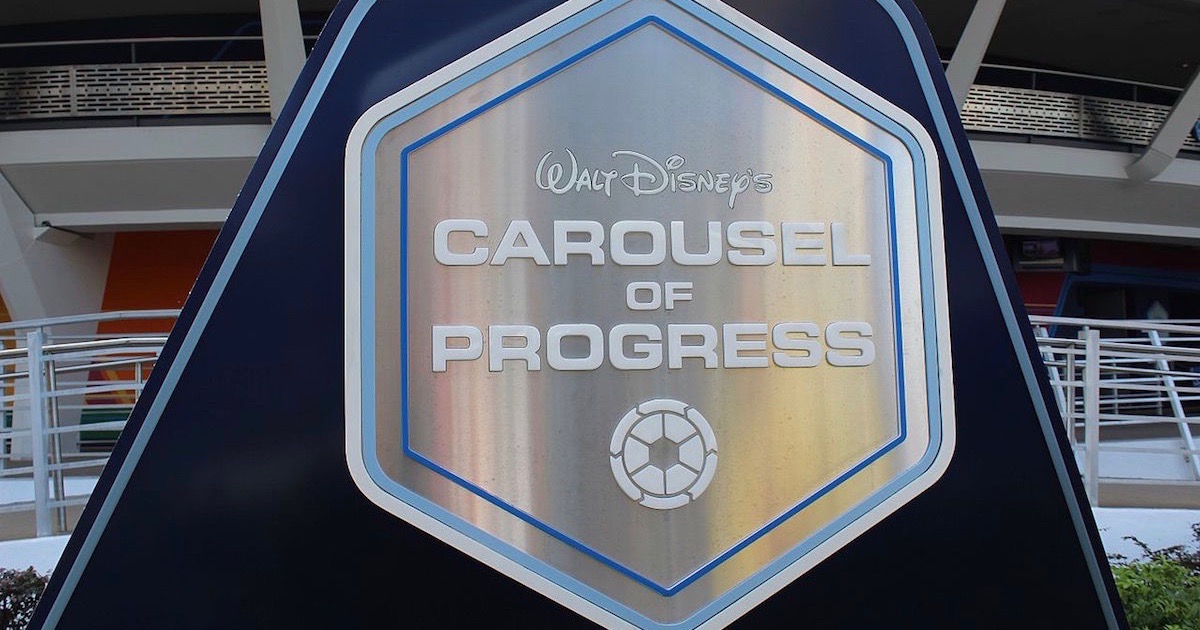 Culture & Ethics
Culture & Ethics
On the Role of Technology in Culture, Walt Disney’s Ambivalence Is Still with Us

Walt Disney died in 1966 but his name and legacy are, of course, very much part of our lives today. Pulling kids away from mindless tweenybopper fare on the Disney Channel is a familiar routine in our home. But in a new ID the Future episode, John West makes clear that on the place of technology in culture, Mr. Disney’s own thinking was fascinatingly complex. His views on science and scientism reflect an ambivalence that has not dated one bit.
John West is Associate Director of the Center for Science & Culture, and, among his other accomplishments as a scholar, an expert on Disney. His book on the topic is Walt Disney and Live Action: The Disney Studio’s Live-Action Features of the 1950s and 60s.
On one hand, Dr. West points to Disney’s wide-eyed techno-optimism, seen in the iconic 1964 Carousel of Progress (which remarkably, John reports, is still in operation at Disney World in Florida). Disney celebrated, among other things, the advent of TV as a wonderful babysitting device for the harried modern parent. On the other hand, there is a much more sobering side to his thought. That is most dramatically staged in the live-action movie 20,000 Leagues Under the Sea (1954), which ends with a mushroom cloud.
Here’s a question for you: What would Disney say today? Our own media culture is enraptured by every new addictive technology and hawks it to us like the corner drug dealer. Meanwhile we learn more about the disturbing values and lifestyles of the “Silicon Valley Technorati” who create much of it. As I’m writing this, the iPhone on my desk has just interrupted me with a notification from the Washington Post, asking, “Are you ready to talk to your toilet? Or cuddle with a robot?” No, I am not!
The Disney Channel, at least, is transparently dumb enough, even to tweens, that you can pull your kids away. Stupidity is the saving grace of basic cable. But try doing that with an iPad in their hands and the much more sophisticated, and insidious, stuff available on the Internet. The path of “progress,” every step along it, winds through a potentially devastating minefield for the unwary. And for the wary, too.
Walt Disney, part of him, saw the danger of techno-naiveté. And part of him did not. As John West reflects, Disney probably did not reconcile the tension, the contradiction, for himself, and perhaps didn’t even see it. For contemporary culture watchers, that too rings a bell. Listen to the podcast or download it here.
